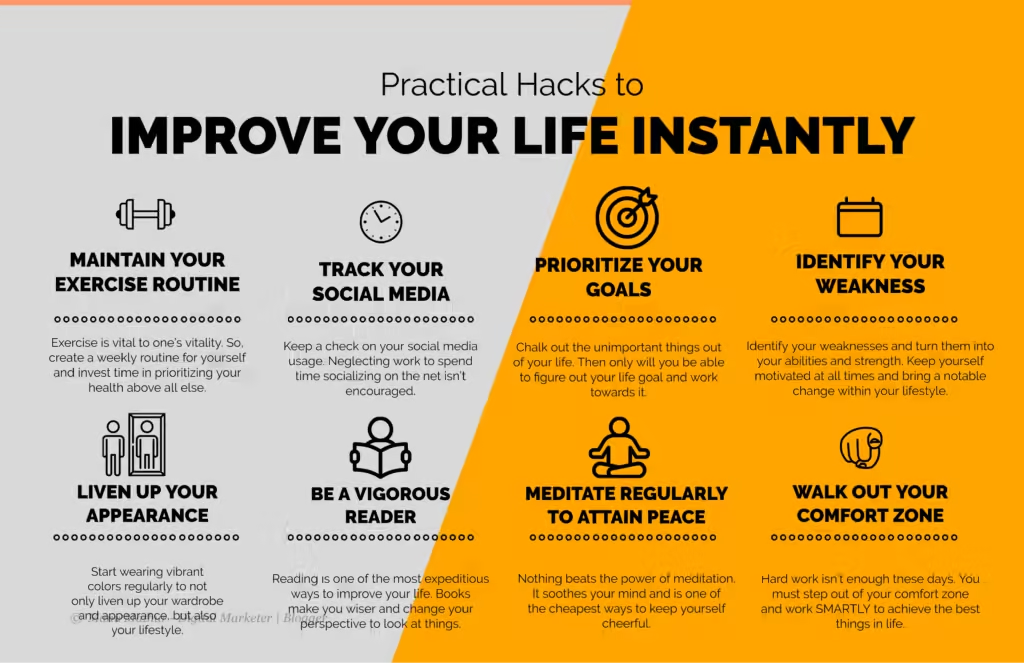In our increasingly noisy world, where the constant hum of technology and the cacophony of urban life dominate our senses, the simple act of silence has become a rare and precious commodity. Yet, beneath the surface of this chaotic existence, silence holds a profound power to transform our minds, bodies, and spirits.
The Science of Silence
Recent research has begun to unravel the scientific underpinnings of silence. Studies have shown that regular periods of silence can lead to a host of physical and psychological benefits, including:
- Reduced stress and anxiety: Silence can help lower cortisol levels, the stress hormone, promoting relaxation and reducing anxiety symptoms.
- Improved cognitive function: Regular exposure to silence has been linked to enhanced focus, concentration, and problem-solving abilities.
- Boosted creativity: When our minds are free from distractions, they are more open to creative thinking and innovative ideas.
- Enhanced self-awareness: Silence provides an opportunity for introspection, allowing us to connect with our inner selves and gain deeper insights.
- Improved sleep quality: Regular periods of silence can help regulate sleep patterns, leading to more restful and rejuvenating sleep.
“Silence is a source of great strength.” – Mahatma Gandhi
Silence and Meditation
Meditation, a practice rooted in ancient traditions, is perhaps the most well-known application of silence. By stilling the mind and focusing on the breath, meditation allows us to tap into a state of deep relaxation and inner peace. This practice has been shown to reduce stress, improve mental clarity, and enhance overall well-being.
Mindfulness and the Power of the Present Moment
Mindfulness, a related practice, involves paying attention to the present moment without judgment. By cultivating awareness of our thoughts, feelings, and sensations, we can develop a greater sense of presence and reduce the impact of negative emotions. Silence plays a crucial role in mindfulness, as it allows us to tune into our inner world and let go of distractions.
Creative Thinking in Silence
Silence has long been recognized as a catalyst for creative thinking. Many artists, writers, and scientists have sought solitude and quiet reflection to spark their imaginations. When we are free from the noise of everyday life, our minds are able to wander freely, making unexpected connections and generating novel ideas.
“Silence is a powerful tool. It can heal, inspire, and transform.” – Unknown
Practical Tips for Incorporating Silence into Your Life
- Create a quiet space: Designate a specific area in your home where you can retreat to enjoy periods of silence.
- Practice daily silence: Set aside a few minutes each day to sit quietly and observe your thoughts and feelings.
- Take silent walks: Spend time in nature, paying attention to the sounds of the environment and the rhythm of your breath.
- Limit screen time: Reduce exposure to electronic devices, especially before bed, to promote better sleep and mental clarity.
- Join a meditation or mindfulness group: Connect with others who share your interest in silence and learn new techniques for incorporating it into your life.

In a world that often seems to be in constant motion, the power of silence offers a much-needed antidote. By embracing silence, we can cultivate inner peace, enhance our creativity, and improve our overall well-being. So, the next time you feel overwhelmed or stressed, take a moment to pause, listen to the silence, and rediscover the transformative power of quiet.



